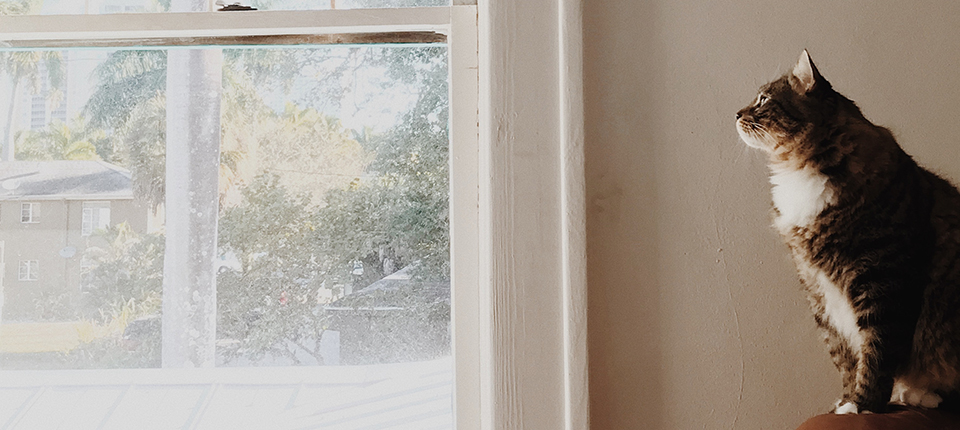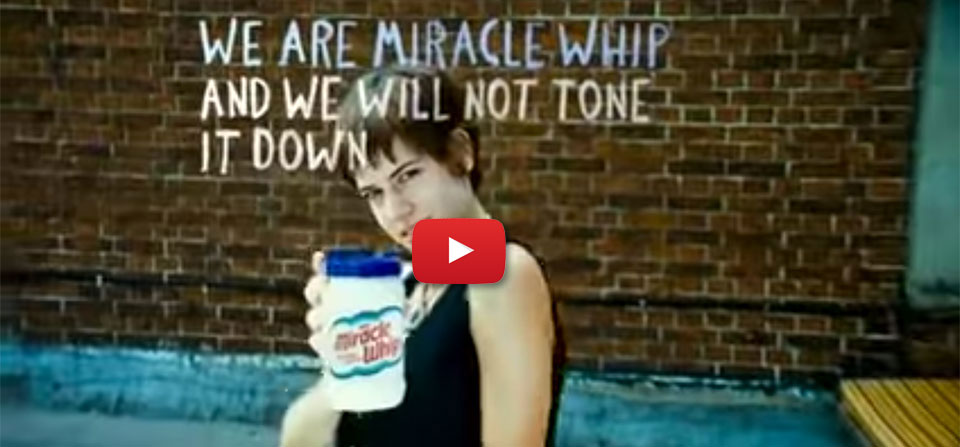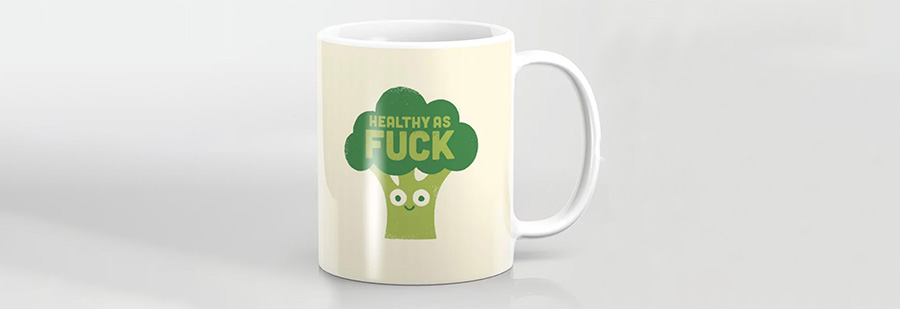My Style
Not every brand needs to be a lifestyle
I don’t care how much ‘tude you put in your voice when you say “a panini or crostini.” No child of mine is going to live the Miracle Whip lifestyle.
The rise of Brutalist architecture

Oh Brutalism… how I love you so.
From the mid-20th century, the Brutalist architecture style rose in popularity before reaching its peak in the mid-1970s, when it came crashing down as a model of bad taste. But now it looks like there is a renewed interest and appreciation for this once derided architectural style.
Known for its use of functional reinforced concrete, steel, and modular elements, Brutalist buildings have a graphic quality that is part of what makes them so appealing now. The word Brutalist doesn’t come from the architecture’s fortress-like stature, but from the raw concrete its often made from — béton brut.
Want to learn more? Go HERE and read the full story on My Modern Met.
Pile of good things

So, what if, instead of thinking about solving your whole life, you just think about adding additional good things. One at a time. Just let your pile of good things grow.
Photo by Stephanie Harvey on Unsplash
Just bought this book and so should you
Just bought this book by Michelle Rial and so should you.
*actually I bought 2




